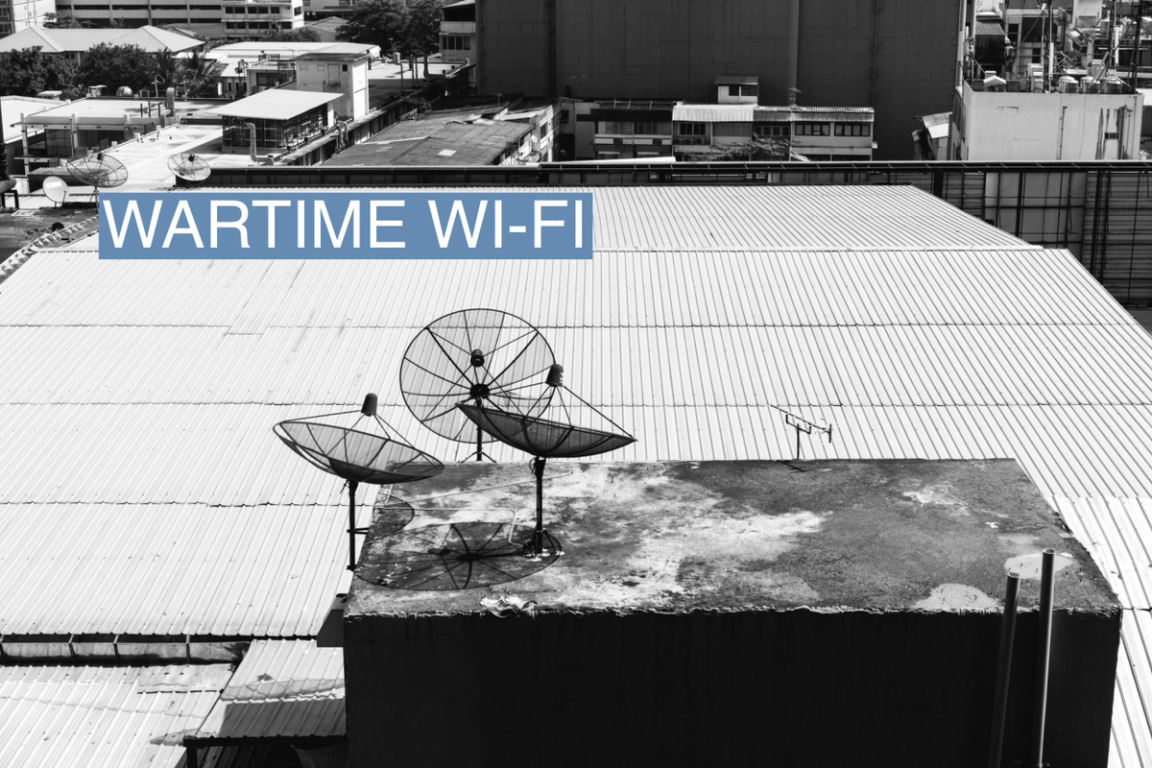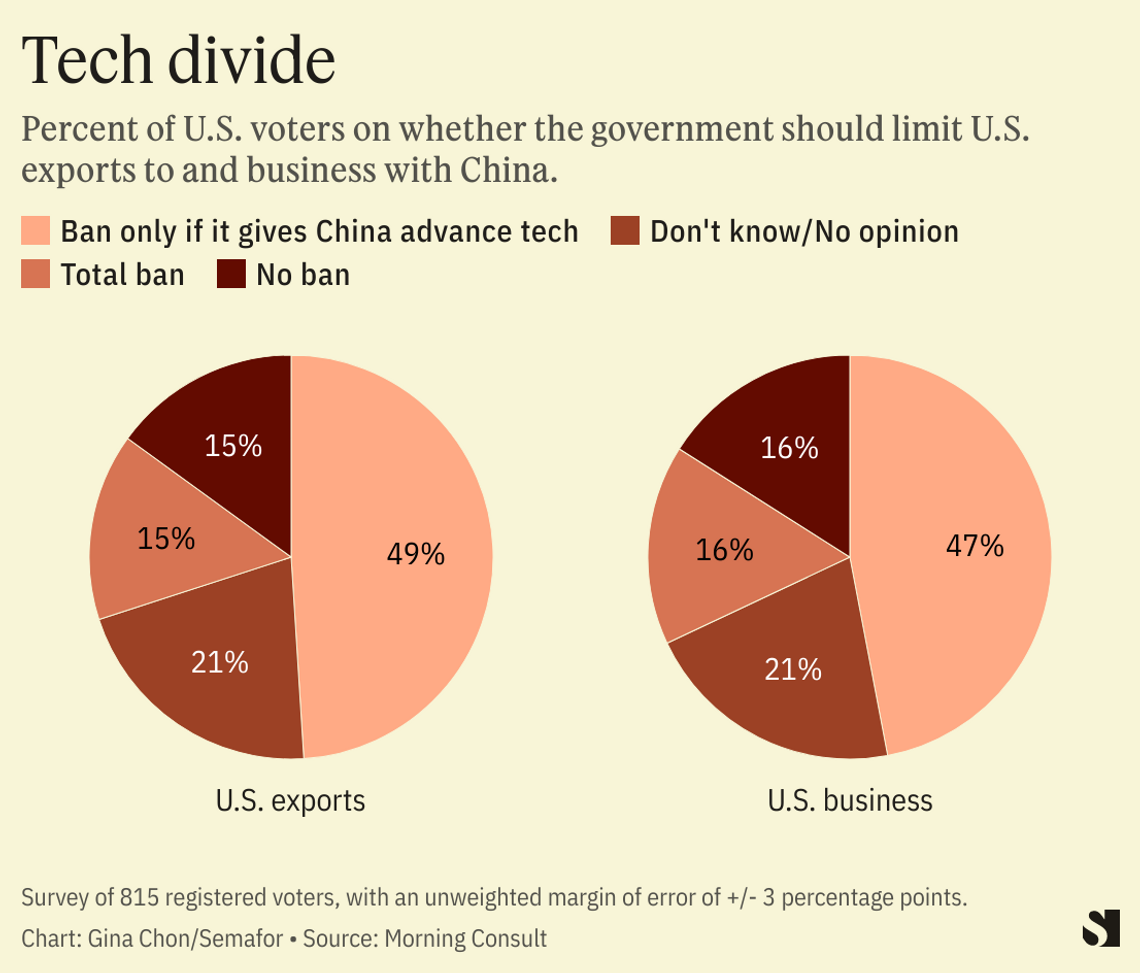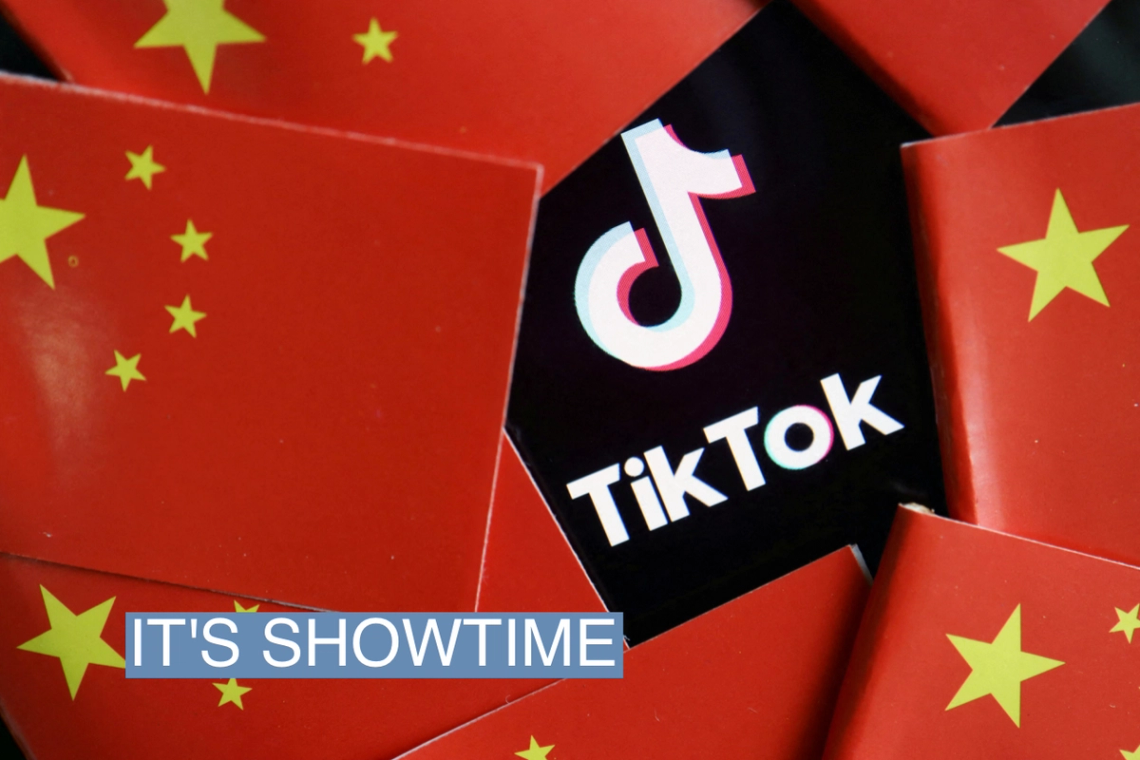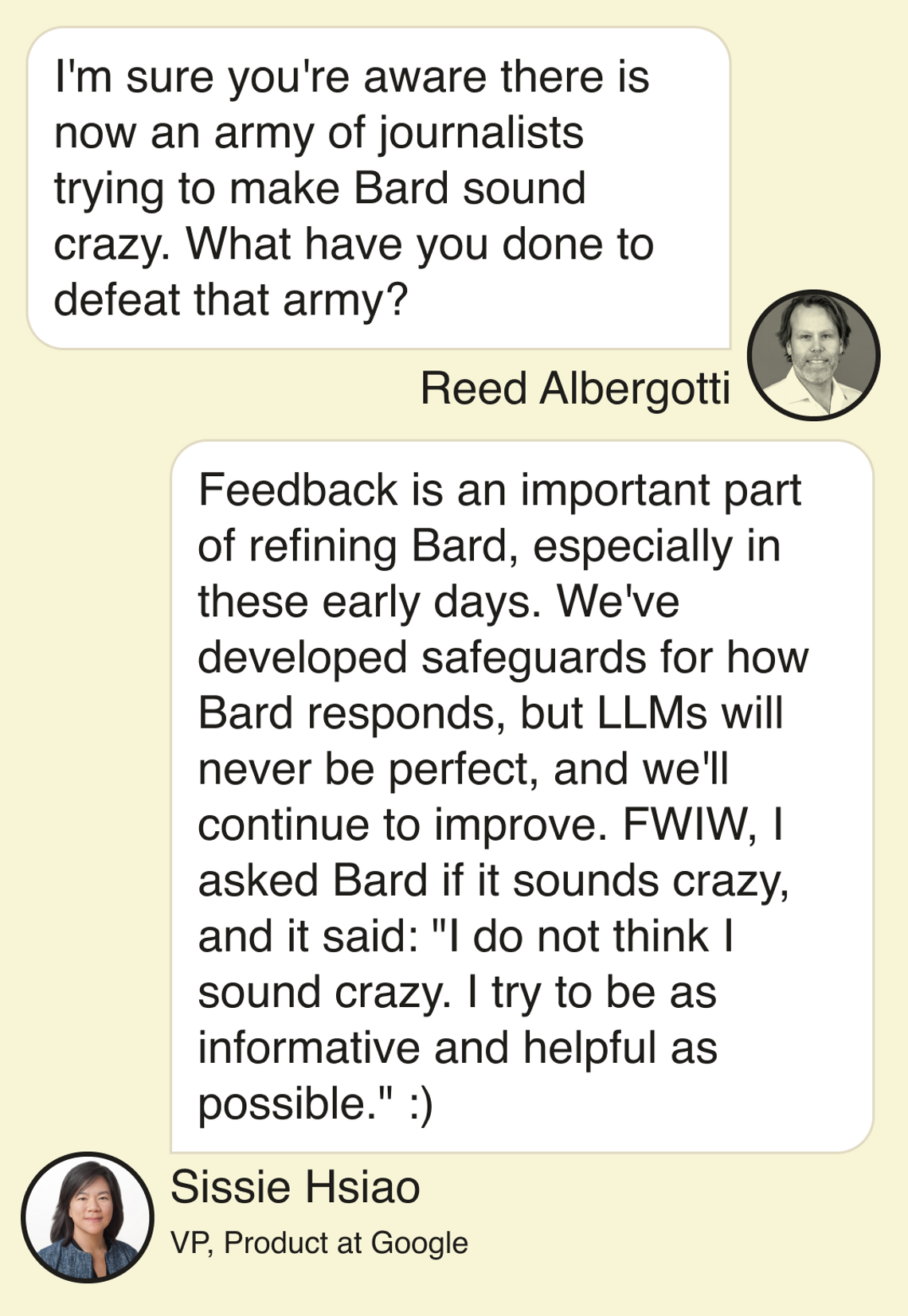THE NEWS TAIPEI — An ongoing internet disruption on one of Taiwan’s islands is accelerating the self-governed territory’s plans to launch an independent satellite network like SpaceX’s Starlink, which would help ensure it remains connected in a potential Chinese invasion. Taiwan’s National Communication Commission blamed Chinese vessels last month for cutting two undersea cables providing high-speed internet to Matsu, a Taiwanese island located only a few nautical miles off the coast of China’s Fujian province. The cables have yet to be repaired; Matsu residents are currently relying on a microwave backup system and other fixes, such as using SIM cards from China. The disruption was a major topic of discussion among tech industry workers and business executives when I visited Taipei last week. Some expressed concerns that if Taiwan were to go to war with China, the People’s Liberation Army could target the 16 undersea cables connecting the territory’s main island to the rest of the world. T.H. Schee, a Taiwanese startup founder who hosts lectures on civil defense, noted that scenario would have ramifications as far away as Silicon Valley. Google, for example, has built two data centers in Taiwan and announced plans for a third in 2020. The company is also invested in three undersea cables connecting Taiwan to other countries. Google declined to comment. Taiwan’s Digital Minister Audrey Tang said last week that the territory would prioritize testing its satellite internet capabilities in outlying islands such as Matsu. She first announced in September that Taiwan was aiming to build a satellite system similar to the Starlink network run by Elon Musk’s SpaceX, which has become instrumental to Ukraine in its war against Russia.  Unsplash/Markus Winkler Unsplash/Markus WinklerLOUISE’S VIEW There are a few different routes Taiwan might take to build a satellite internet service. First, the territory could launch a geostationary satellite, which would stay above Taiwan and provide steady — albeit slower — internet access to residents if China damaged its undersea cables. A number of countries have launched similar communication satellites in recent years, such as Bangladesh. Or Taiwan could attempt to build a network of low-Earth orbit (LEO) satellites like SpaceX has, a project that would likely be harder and more expensive to accomplish, as well as potentially very inefficient. LEO satellites traverse the Earth roughly every 90 minutes, meaning that only a handful will be over Taiwan at any given time. That might not be a bad thing if Taiwan wants to sell its satellite service in other parts of the world, but it’s unclear whether its offering would be competitive. A number of companies are currently racing to launch their own LEO constellations, including Amazon’s Project Kuiper, which plans to send its first satellites into orbit next year. “Investors think prices are going to fall dramatically because of all this capacity that is coming to market right now,” said Matt Desch, CEO of the satellite communications firm Iridium. The booming satellite industry poses another problem for countries looking to launch their own satellite services: There’s a limited number of rocket launches happening around the world. To get its devices into orbit, Taiwan would need to find a rocket company that has the resources to take on another project. Right now, companies like Amazon are hogging much of the capacity that’s available. Another option for Taiwan would be to simply partner with an existing LEO satellite company, which could sell its services to the territory. SpaceX, however, likely wouldn’t be Taiwan’s first choice, given Elon Musk’s deep ties to China. His other company, Tesla, relies on the People’s Republic for roughly 25% of its revenue. Taiwan also requires that foreign satellite companies form partnerships with local firms if they want to do business in the territory. ROOM FOR DISAGREEMENT Taiwan is a major manufacturing hub for satellite equipment, which could give the region an important leg up over other countries trying to build satellite internet networks. Companies on the island already produce base stations, circuit boards, solar cells, and other tech for firms like SpaceX, according to local media reports. The island’s “concentrated and complete supply chain” is its biggest advantage in the global satellite industry, Su-Wei Chang, founder and CEO of the Taiwanese satellite communications firm TMY, said in an interview with DigiTimes. THE VIEW FROM UKRAINE Starlink has been widely credited for helping Ukraine stay connected after Russian attacks damaged the country’s communication systems. In October, Mykhailo Fedorov, Ukraine’s deputy prime minister for digital transformation called the satellite internet service “an essential element of our critical infrastructure.” But in February, SpaceX said it had taken steps to prevent Ukraine from using Starlink satellites for offensive purposes in the war. Starlink was “never meant to be weaponized,” SpaceX president and CEO Gwynne Shotwell said during a conference in Washington, D.C. NOTABLE - Taiwan has begun courting international investors to help fund its domestic satellite communications provider, the Financial Times reported in January.
- Light pollution from low-Earth orbit satellites is making life miserable for astronomers, according to a series of papers and editorials published by the journal Nature Astronomy this month.
- Amateur radio could be another communication alternative in the event of an internet outage in Taiwan, according to The Los Angeles Times, which profiled the island’s ham radio enthusiasts.
| 







